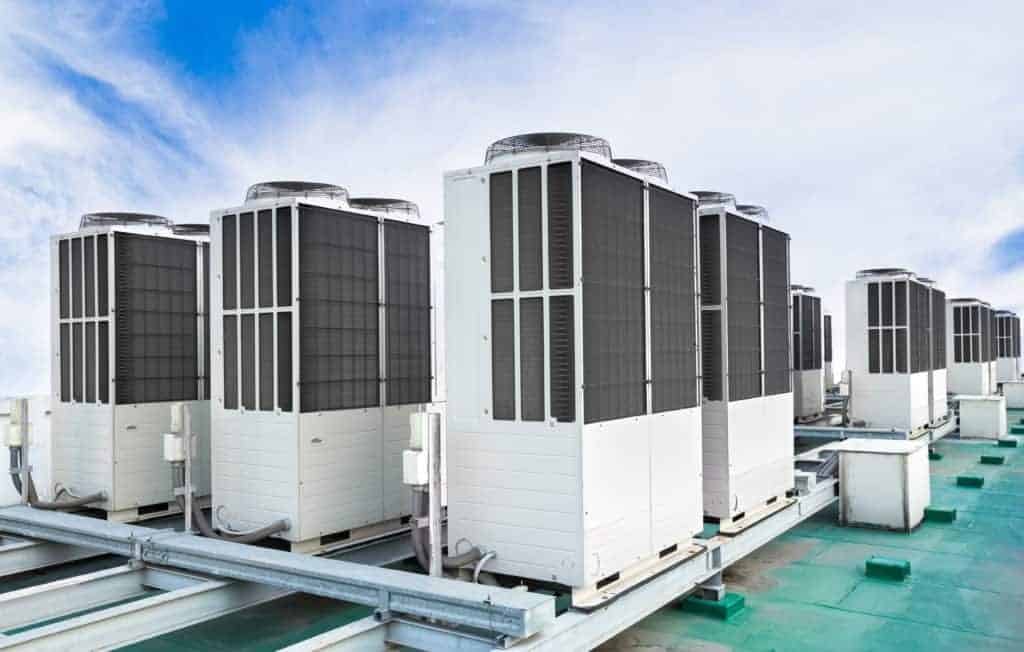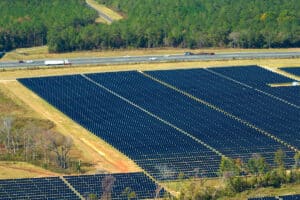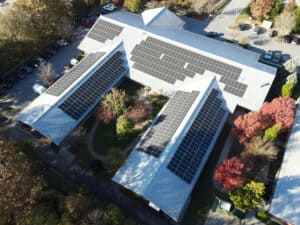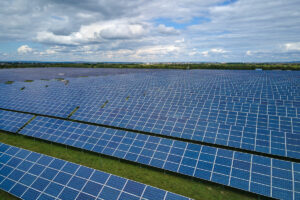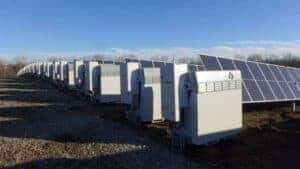Despite the similar functions and purposes, there are still some differences between commercial and residential HVAC systems that are worth noting. The ways of installing and maintaining the equipment may differ due to these differences. However, don’t be scared by the technological terms, many of the differences are very obvious and self-explanatory.
Size
As you may guess, a residential HVAC system is much smaller than a commercial HVAC system because a commercial system needs to control the conditions of a much larger space. Most of the time, commercial HVAC systems also have add-on functions like compressors or evaporators, depending on the functions of the facilities they are in. These additional functions will also make the size of a commercial HVAC system larger than a residential one.
Placement
Since a residential HVAC system is relatively smaller, the HVAC unit is usually placed in the backyard or right outside the building. However, a commercial HVAC unit is usually placed on the roof because most commercial buildings don’t have a backyard. Also, putting it on the roof can reduce noise pollution created by the system inside the building.
Complexity
Similar to their different sizes, a commercial HVAC system is typically more complicated than a residential one. Sometimes, one outdoor commercial HVAC unit will connect to several indoor units to save space and reduce prices. This type of HVAC system is known as a multi-split system. Whereas, most residential HVAC systems are single-split systems, meaning that there is only one outdoor unit that connects to an indoor unit. In some cases, if the commercial building is small and does not require complicated indoor settings, it can use a single-split system as well.
Drainage
In fact, besides the drainage component, the exhaust system and ventilation system of commercial HVAC systems are also different from residential ones, mostly in terms of the size. Commercial systems require a more detailed structure, like more pipes and pans, in order to keep the systems operating properly and efficiently.
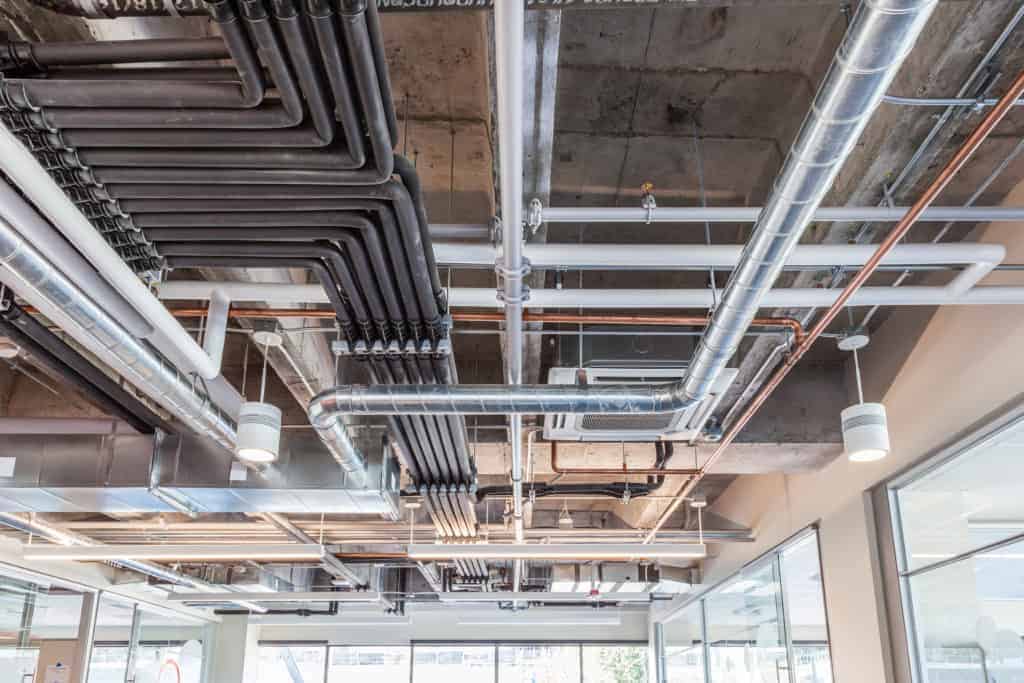
Mechanism
The mechanism of HVAC systems refer to the manufacturing and installation processes. According to Service Champions, a commercial HVAC system is modular, while a residential unit is standalone. Most of the time, commercial HVAC systems are housed together whereas residential units are split between indoor and outdoor units.
Equipment
Equipment refers to the components of the HVAC system. The differences in equipment are usually due to their sizes. Smaller residential units are using different equipment compared to commercial units. Moreover, commercial systems are more customized to fit the specific environmental requirement of the target facility.
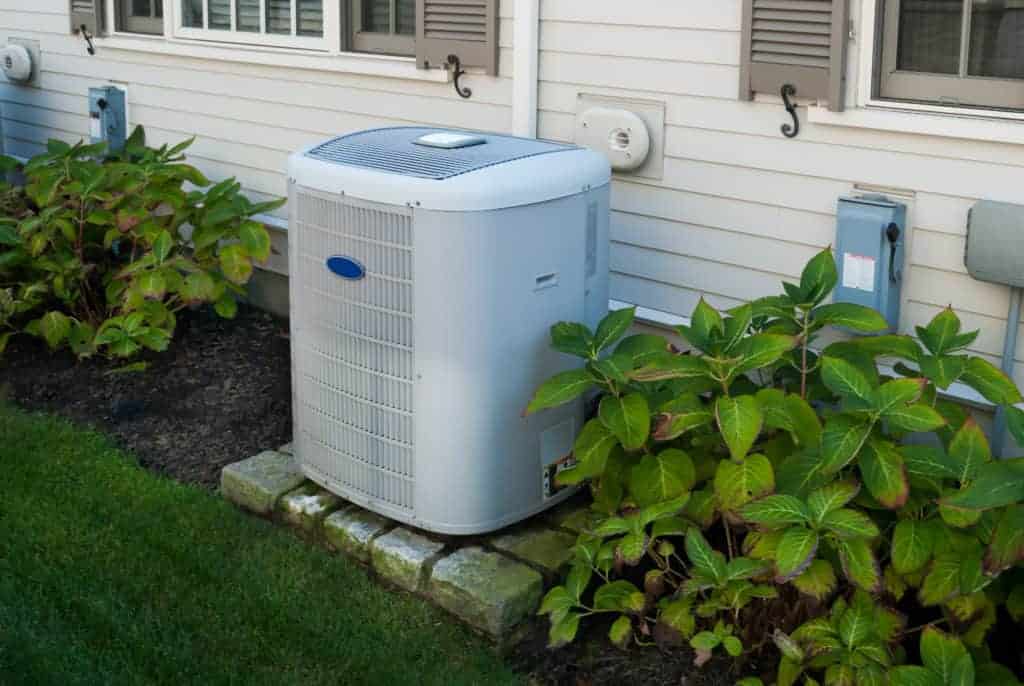
Power
Commercial HVAC systems are usually more powerful than residential units. This is very self-explanatory because, compared to a residential HVAC system, a commercial unit is responsible for a larger space and has longer operating hours. And the commercial system has to be large enough to keep the indoor environment consistent over time. As a result, commercial systems normally consume more power than residential units.
Maintenance
It is very obvious that complicated commercial HVAC systems need more careful maintenance efforts. They usually require the help of skilled and highly experienced technicians to ensure they are working properly. However, the maintenance of residential HVAC systems can be easier and is needed less frequently. Sometimes, homeowners can even maintain their HVAC system themselves because it is a much easier process.
Overall, understanding these 8 differences between a commercial and residential HVAC systems can help you determine which type you need for your business or your household. One thing that is worth noting is that we specialize in commercial energy solutions. Therefore, if you are looking to install a residential HVAC system for your household, you may want to look at the companies that specialize in residential energy solutions.
